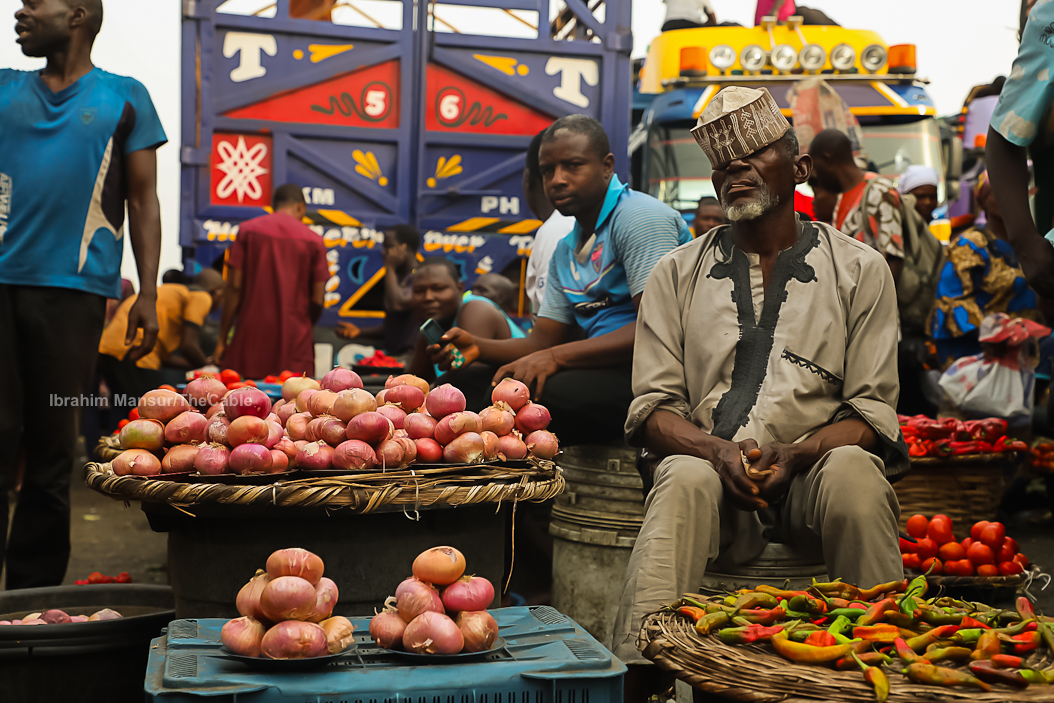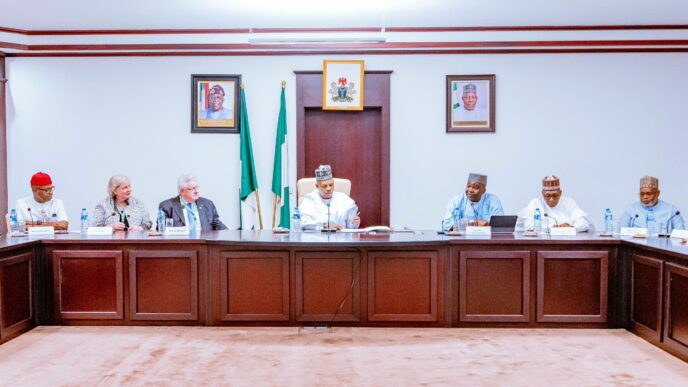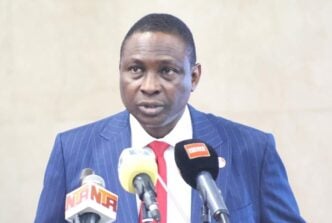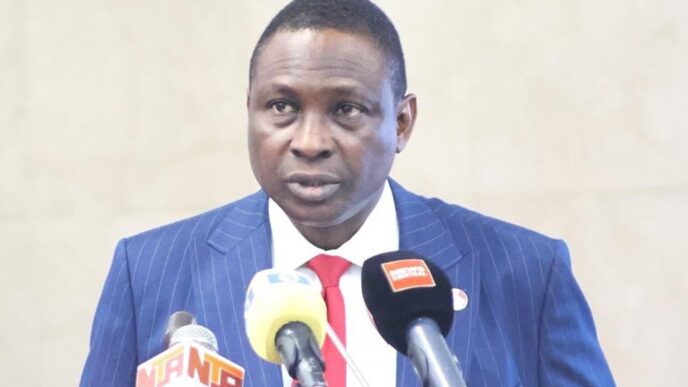Political science alumni at the University of Ibadan (UI) say Nigeria’s 2025 outlook will depend heavily on long-lasting policy actions that will address widespread economic hardship.
The alumni group recently convened and published a communique reflecting on Nigeria’s policy and development priorities for 2025.
In the communique obtained by TheCable on Friday, the group expressed concern about rising poverty levels and shrinking purchasing power triggered by the economic reforms implemented by President Bola Tinubu’s administration since 2023.
Analysts project a potential economic rebound in 2025, but the communique raised concerns about whether the expected gains will trickle down to Nigeria’s most vulnerable citizens.
Advertisement
Signed by the alumni group’s chairman Ajinde Oluwashakin and its secretary Bolaji Olumide Akeem, the communique highlighted poverty, inflation, and food security among the pressing economic burdens weighing down Nigerians.
It cited a survey by NOI Polls that identified agriculture, economic policy, and security as front-burner issues for 2025.
“Ensuring food security is crucial for sustainable development,” the communiqué noted, calling for improved agricultural inputs, security for farmers, and affordable high-yield seedlings.
Advertisement
The communique touched on energy relief and revamping refineries.
It acknowledged progress with the partial restoration of operations at the Port Harcourt and Warri refineries.
The group urged the government to ensure full operational capacity and support private refineries to stabilise fuel prices and supply.
Nigeria’s 2025 budget allocated N16.3 trillion to debt servicing, exceeding allocations for defence, education, healthcare, and infrastructure combined.
Advertisement
The group described this as an “unsustainable” fiscal plan, recommending transparent budgeting and reduced non-essential spending.
It recommended job creation through investments in agriculture, manufacturing, and technology.
It said there is a need for regulatory clarity in the energy sector to attract investments and enhance access.
“The government should implement policies to promote trade and export diversification, reducing the country’s reliance on oil exports,” it added.
Advertisement
“This can be achieved by providing incentives for non-oil exporters, improving trade infrastructure, and negotiating trade agreements with other countries.”
The communique urged the government to create social safety nets by ensuring cash transfers and food assistance for low-income households.
Advertisement
Increased funding for schools and health infrastructure was also highlighted as a top priority
The communique urged the government to adopt people-centred policies, combat corruption, and enhance transparency to rebuild public trust.
Advertisement
“The burden on Nigerians must be lightened through long-term, sustainable reforms,” it concluded.
Advertisement
Add a comment











